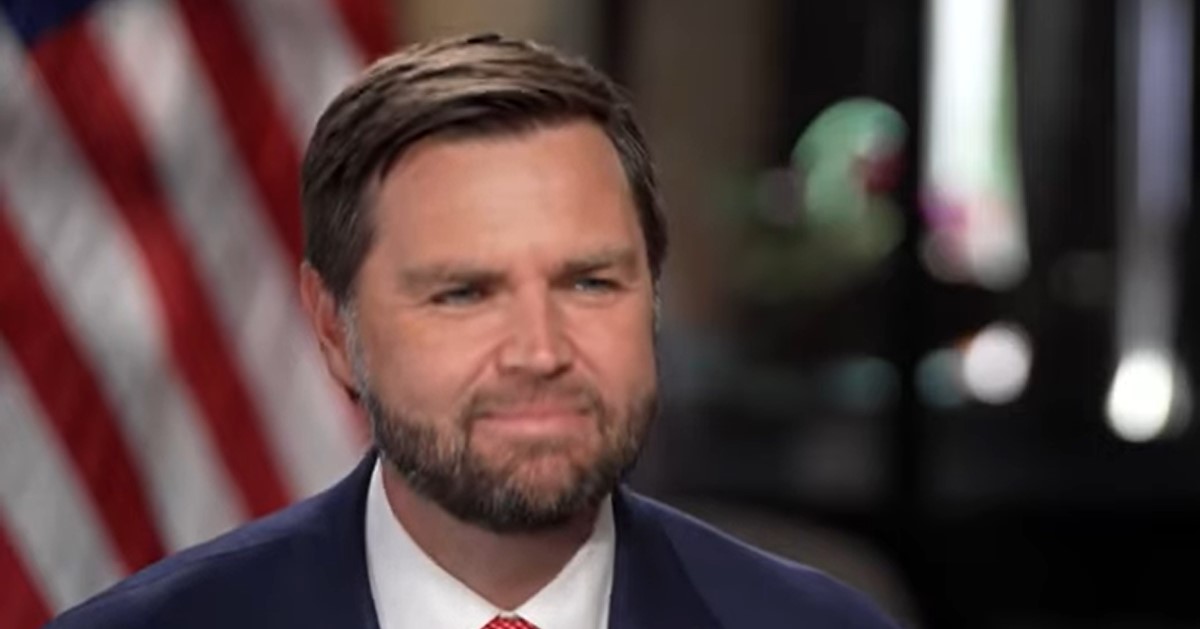SCOTUS grants more time for oral arguments on Trump's tariff authorities
In just a couple of weeks, the U.S. Supreme Court will hear oral arguments on what some might argue is the most impactful case of the session -- the challenges against President Donald Trump's claimed authority to alter and impose tariffs on imported foreign goods.
The issue is apparently of such importance that the justices on Thursday approved a request to grant additional time for the Nov. 5 arguments on tariff authority, according to Newsweek.
Also signaling the critical nature of this case was the high court's prior order for an expedited timeline, which strongly suggests that the justices may issue their final decision on the matter by the end of this year, rather than waiting until the end of the session next summer.
Extra time allotted for arguments
On Thursday, the Supreme Court issued an unsigned one-page order in which it granted a motion that requested an "enlargement" of the allotted time for oral arguments on Nov. 5 in the combined cases of Learning Resources, Inc. v. Trump and Trump v. V.O.S. Selections.
The order detailed how the time for arguments was expanded to 80 minutes total, with 40 minutes allotted for President Trump's solicitor general and 20 minutes each for the private parties and coalition of states that challenged the president's claimed authority.
The main crux of the arguments will be whether the International Emergency Economic Powers Act of 1977 does indeed authorize the president wide latitude to impose and alter surcharges on various imported goods during a declared "national emergency," as Trump and his lawyers have asserted.
How broad is president's authority?
According to SCOTUSblog, while the extent of tariff authority granted by the IEEPA will certainly be a central feature of the November 5 oral arguments, so too will be another, arguably more explicit statute that authorizes tariffs -- Section 122 of the Trade Act of 1974.
That statute allows the president to impose a "temporary import surcharge," or tariff, for the purpose of addressing "fundamental international payments problems" or "balance-of-payments deficits," as well as to "prevent an imminent and significant depreciation of the dollar in foreign exchange markets."
The key there, though, is that the statute also imposes strict limits on that authority, in that the imposed tariffs can't exceed 15% and can only last for up to 150 days.
The private parties and states have argued that Section 122's limits should be read into the otherwise seemingly boundless tariff authority of the IEEPA. The administration, meanwhile, has countered that the two statutes are "complementary" but independent of each other.
SCOTUSblog noted that the administration has confirmed that even if the high court ultimately rules against its expansive reading of the IEEPA's authorities, they will have other statutory powers on tariffs to fall back on, though Treasury Secretary Scott Bessent recently acknowledged that those other authorities are "not as efficient, not as powerful," as the IEEPA.
Trump says tariff powers critical
President Trump has not been shy about how important he believes his challenged tariff authorities are, as he made clear in late August in response to an appellate court's upholding of a district court's ruling against his claimed powers.
"If these Tariffs ever went away, it would be a total disaster for the Country. It would make us financially weak, and we have to be strong," Trump wrote in a Truth Social post at the time. "The U.S.A. will no longer tolerate enormous Trade Deficits and unfair Tariffs and Non Tariff Trade Barriers imposed by other Countries, friend or foe, that undermine our Manufacturers, Farmers, and everyone else."
"If allowed to stand, this Decision would literally destroy the United States of America," he said, and later added, "For many years, Tariffs were allowed to be used against us by our uncaring and unwise Politicians. Now, with the help of the United States Supreme Court, we will use them to the benefit of our Nation, and Make America Rich, Strong, and Powerful Again!"




